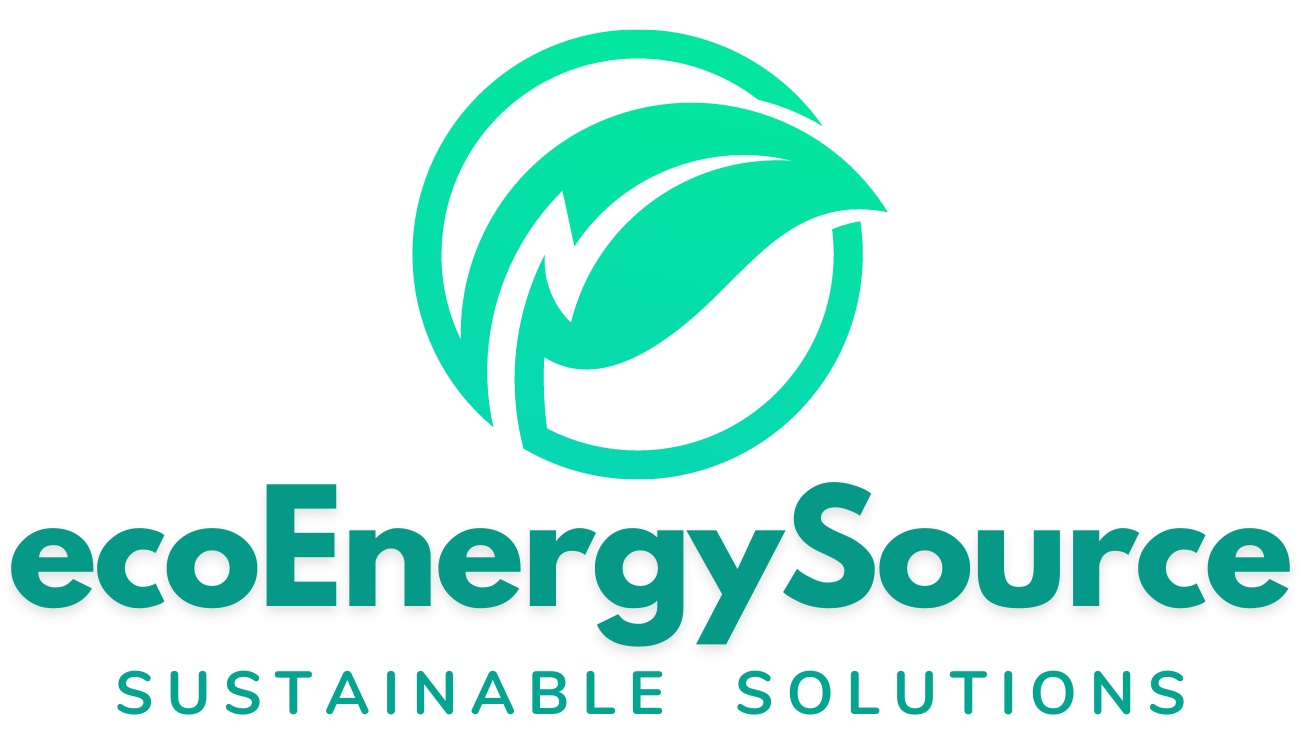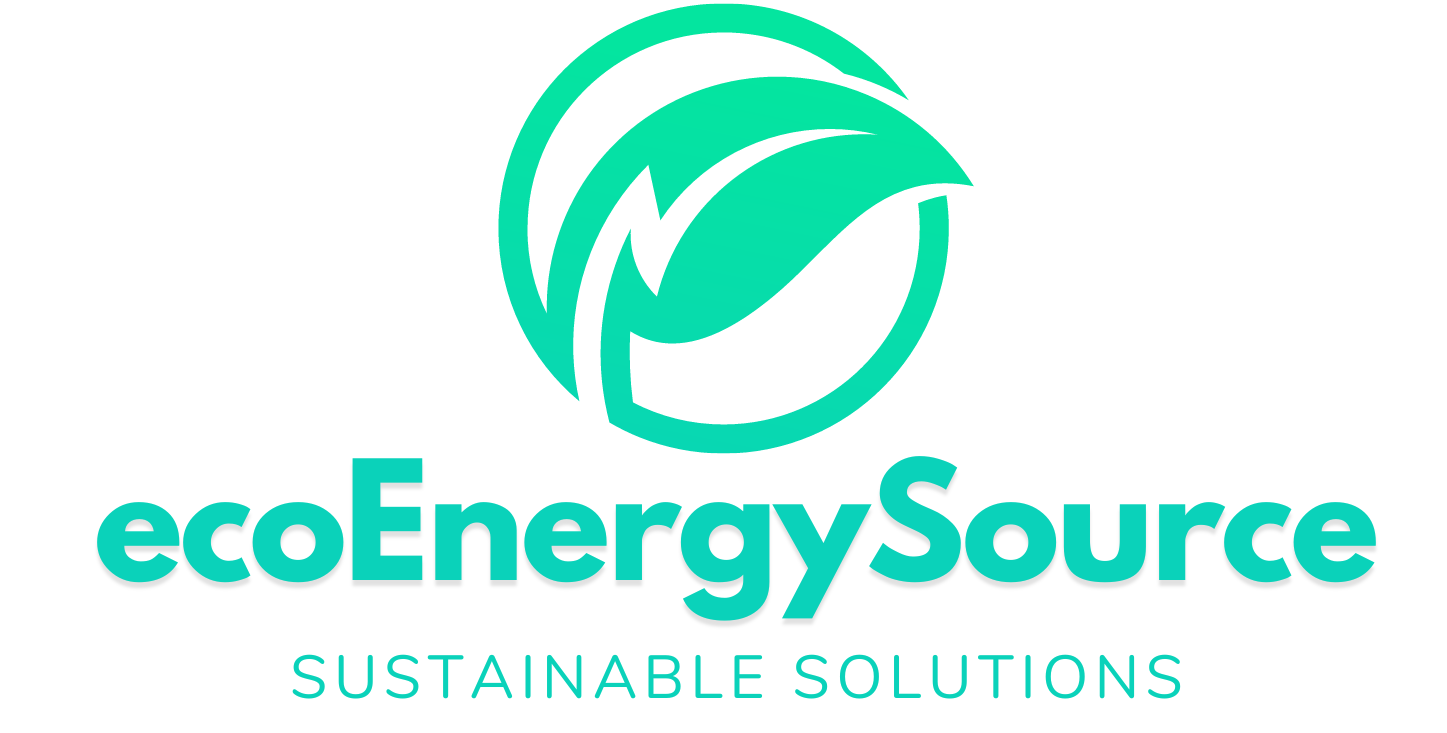Introduction
Farming in the UK is facing rising energy costs and increasing pressure to meet sustainability goals. Solar energy is becoming a practical and profitable solution, helping farms generate electricity, reduce bills, and contribute to a greener future.
In 2024, more UK farms are turning to solar to power operations, cut costs, and support environmental targets. Here’s how agriculture is harnessing renewable energy.
1. Why Solar Makes Sense for Farms
Farms are uniquely suited for solar power:
- Large rooftops on barns, storage facilities, and farmhouses can host solar panels.
- Open fields allow for ground-mounted solar arrays if roof space is limited.
- Energy-intensive operations like irrigation, heating, and machinery benefit from self-generated electricity.
💡 2024 Insight: Solar systems can offset a significant portion of a farm’s electricity usage, reducing operational costs immediately.
2. Financial Benefits for Farmers
Investing in solar provides both short- and long-term financial advantages:
- Lower electricity bills: Generate your own energy for daily operations.
- Revenue opportunities: Sell surplus energy to the grid through the Smart Export Guarantee (SEG).
- Tax incentives and grants: Some schemes allow accelerated depreciation or grants for renewable energy installations.
💡 Tip: Large-scale systems often provide faster ROI due to high energy usage on farms.
3. Supporting Sustainability and Net-Zero Goals
Farmers are increasingly focused on sustainability:
- Solar reduces CO₂ emissions from fossil-fuel electricity.
- Combining solar with battery storage ensures energy efficiency and minimal waste.
- Participation in renewable energy programs enhances environmental credentials for businesses and supply chains.
💡 2024 Prediction: Farms adopting solar are better positioned to meet net-zero targets and ESG commitments.
4. Technological Innovations for Agriculture
Modern solar technology makes farm installations more efficient and flexible:
- High-efficiency panels generate maximum power even in cloudy UK conditions.
- Tracking systems allow panels to follow the sun, increasing output.
- BIPV and hybrid systems integrate solar into roofs or other farm structures without taking up productive land.
💡 Result: Farms can generate energy without disrupting operations or land use.
5. Combining Solar with Other Renewable Solutions
Many farms are integrating solar with additional technologies:
- Battery storage to use energy at night or during peak demand.
- EV charging stations for electric tractors or vehicles.
- Smart monitoring to optimise energy use and reduce waste.
💡 Pro Tip: A combined approach maximises both financial savings and environmental impact.
Conclusion: Solar Is Growing on UK Farms
Solar energy is revolutionising agriculture by providing cost savings, sustainability, and energy independence. With falling panel costs, improved technology, and government support, 2024 is an ideal year for UK farmers to invest in solar.
At Eco Energy Source, we help farms design and install solar systems tailored to agricultural needs—maximising energy production while supporting sustainability goals. Contact us today to explore how solar can power your farm efficiently and profitably.




